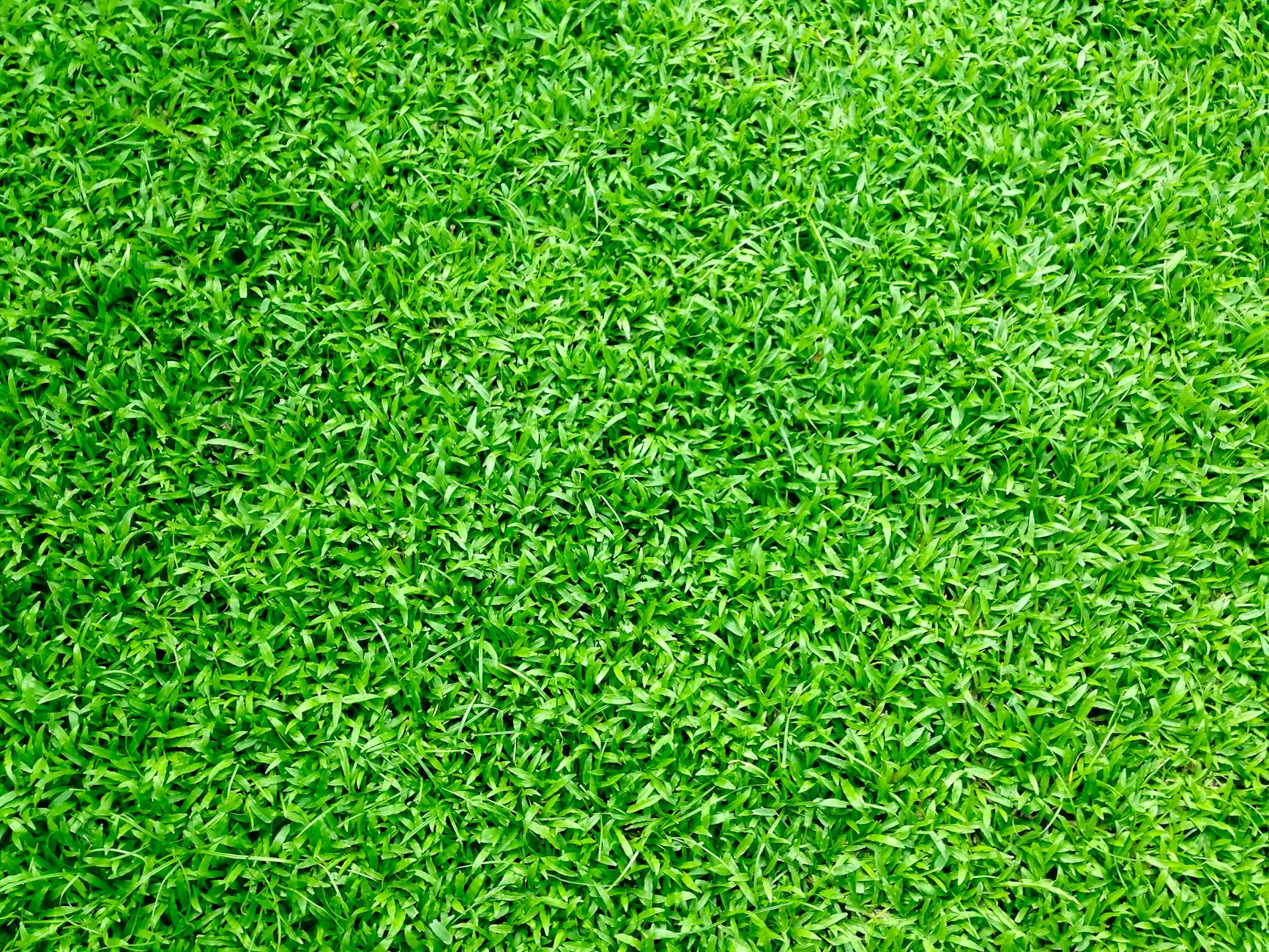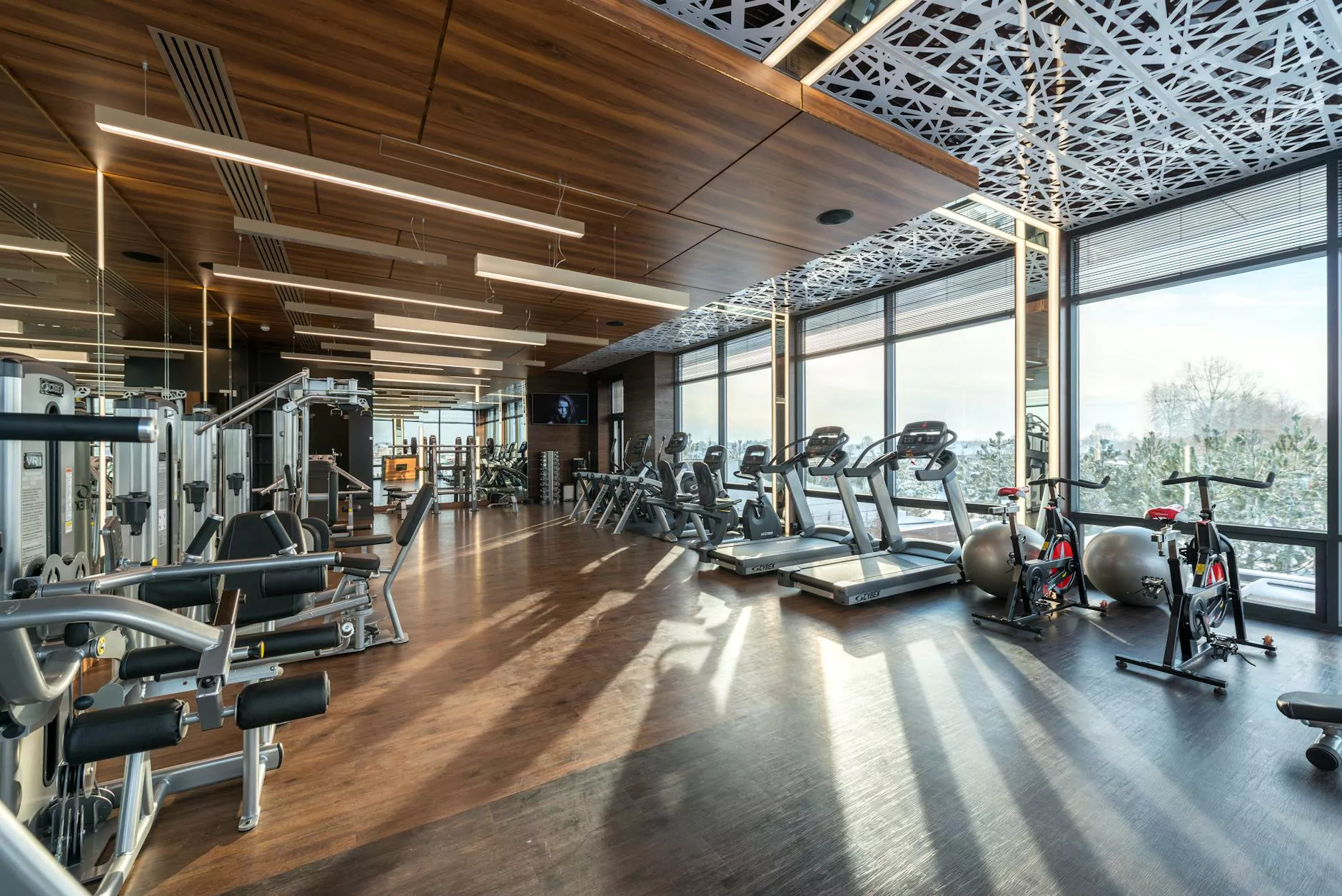Is Artificial Grass Good for the Environment?

When it comes to creating a sustainable and eco-friendly environment, every decision we make counts. The choice of our indoor and outdoor components plays a vital role in minimizing our ecological footprint. Artificial grass has gained significant popularity in recent years due to its numerous advantages. In this article, we will explore the benefits of artificial grass for the environment and why it is a great choice for your Home & Garden, Outdoor Gear, and Artificial Turf needs.
The Environmental Impact of Natural Grass
Traditional lawns demand a significant amount of resources to maintain their lush appearance. Let's take a look at some of the environmental drawbacks associated with natural grass:
- Water Consumption: Natural lawns require extensive watering, especially during dry periods. This puts a strain on local water resources and contributes to water scarcity.
- Chemical Usage: Maintaining a healthy natural lawn often involves the use of herbicides, pesticides, and fertilizers. The runoff from these chemicals can contaminate nearby water sources and harm local wildlife.
- Fuel Emissions: The upkeep of natural grass involves mowing, which typically requires fossil fuels. The emissions from these machines contribute to air pollution and climate change.
- Waste Generation: Regular lawn maintenance generates green waste, requiring proper disposal. This adds to landfill space and the release of harmful greenhouse gases.
The Benefits of Artificial Grass
Artificial grass offers a sustainable alternative to natural lawns, providing several environmental benefits:
1. Water Conservation
A significant advantage of artificial grass is its minimal water requirements. Unlike natural grass, artificial turf does not need constant watering to maintain its green appearance. This water conservation aspect is particularly crucial in areas prone to drought or water restrictions. By installing artificial grass, you not only preserve water resources but also contribute to a sustainable future.
2. Elimination of Chemicals
One of the most significant advantages of artificial grass is the elimination of harmful chemicals. With natural lawns, the use of herbicides, pesticides, and fertilizers is often necessary to maintain their health and appearance. These chemicals, when washed away by rain or irrigation, can enter waterways and have adverse effects on aquatic life. By switching to artificial turf, you create a safe and chemical-free environment for your family, pets, and the ecosystem.
3. Reduced Carbon Footprint
Artificial grass contributes to reducing carbon emissions in several ways:
- No mowing: Unlike natural grass, artificial turf does not require mowing. This eliminates the need for gasoline-powered lawn mowers and reduces fuel consumption and associated greenhouse gas emissions.
- No chemicals: As mentioned earlier, artificial grass eliminates the need for herbicides, pesticides, and fertilizers. By reducing the demand for these chemicals, you indirectly reduce the carbon footprint associated with their production and transportation.
- Long lifespan: High-quality artificial turf generally has a lifespan of 15-20 years. This durability ensures that it does not need frequent replacement, preventing the production, transportation, and disposal of new materials that would otherwise be required for natural grass.
4. Waste Reduction
In addition to conserving water and eliminating harmful chemicals, artificial grass helps in waste reduction:
Traditional lawns generate a significant amount of green waste, such as grass clippings and leaves, especially during the growing season. The disposal of this waste can contribute to landfill build-up and the release of harmful gases, including methane, a potent greenhouse gas. By installing artificial grass, you eliminate the need for regular maintenance, which significantly reduces waste generation and its associated environmental impacts.
Conclusion
Considering the numerous advantages discussed above, it is evident that artificial grass is a sustainable and eco-friendly choice for your Home & Garden, Outdoor Gear, and Artificial Turf needs. By opting for artificial turf, you contribute to water conservation, eliminate harmful chemicals and reduce your carbon footprint. Moreover, you actively participate in waste reduction and create a safe environment for your family and the surrounding ecosystem.
Make the switch to artificial grass from BestArtificialGrassDeals.com today and experience the numerous environmental benefits it has to offer!
is artificial grass good for the environment








